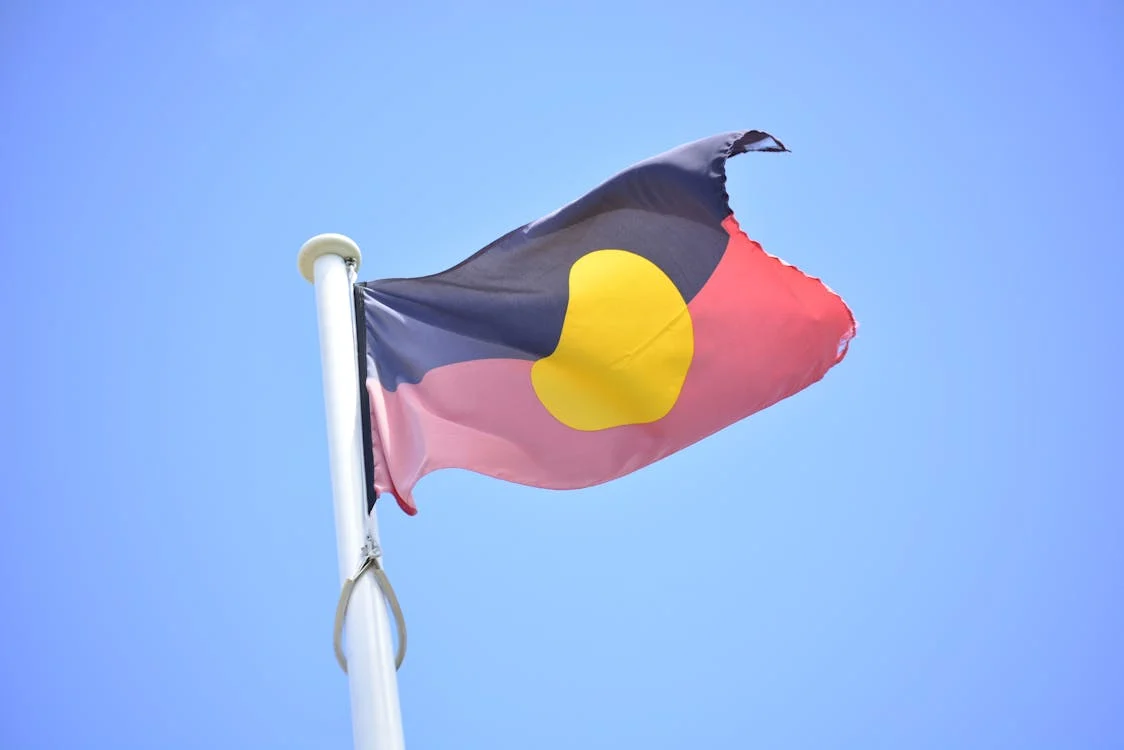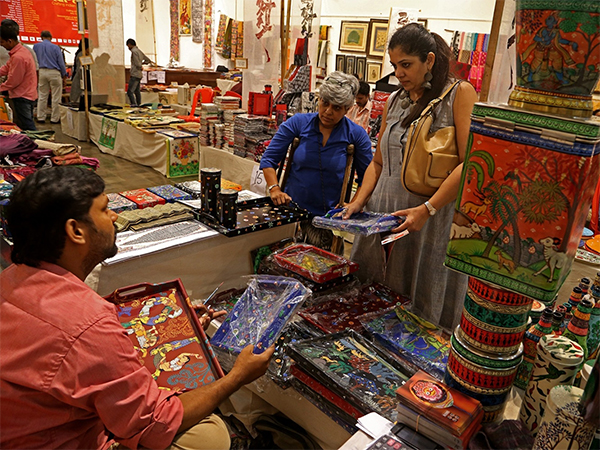Racism, colonialism 'driving Indigenous self-harm'
Nov 08, 2024

Sydney [Australia], November 8: A Lancet Commission report released on Thursday reveals there are 14 million episodes of self-harm recorded globally every year, but the real number is likely to be much higher.
Professor Dudgeon said the stigma associated with self-harming often deterred people from seeking help.
"We need to accept that this is a part of mental health distress and not shame people about it whether they're Aboriginal or non-Aboriginal," she said.
Prof Dudgeon said any self-harm response must reflect the needs of those most vulnerable.
"So if an Aboriginal person is referred to a psychologist they need to be culturally responsive, or they could be referred to a local Aboriginal medical service, which might have healers or social-emotional well-being workers to provide support in conjunction with psychologists and mental health professionals," she said.
Prof Dudgeon said self-determination was also an important cultural solution for suicide and self-harm prevention.
"We still want clinical approaches but we want to see culture at the centre of that," she said.
"Despite all the challenges that Aboriginal and Torres Strait Islander people face, they are forward-looking and there's a lot of hope, strength and cultural richness."
Leading Black Dog Institute researcher Helen Christensen said self-harm must be recognised as a substantial public health issue.
"We are currently seeing escalating rates of self-harm, especially among young people," she said.
In 2023, suicide was the leading cause of death in Australia for children and people aged 15 to 44 years, according to the ABS.
Across all age groups, 2419 males and 795 females fatally self-harmed.
Three-quarters of Aboriginal and Torres Strait Islander people who died from suicide were male and almost 80 per cent of all who died from intentional self-harming were aged between 15 and 44 years.
Professor Christensen said instances of self-harm were commonly associated solely with mental health decline.
"But it is not, it is an intensely individual experience shaped by society, culture, and individual factors," she said.
The commission found treatment for self-harm was highly variable and often inaccessible, particularly within low and middle-income countries and for Indigenous peoples.
In many settings, there is a lack of a caring, empathic response towards people who self-harm.
"A response that needs to be reversed," Prof Christensen said.
The commission is leading calls to tackle self-harm internationally.
It wants urgent whole-of-government approaches that address the causes of self-harm and do not punish people for intentionally hurting themselves.
Source: Fijian Broadcasting Corporation









